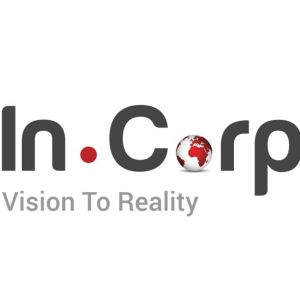Scope of Singapore TaxationPosted by InCorp Global on December 2nd, 2020
Scope of Taxation – What incomes are chargeable?For Singapore tax purposes, taxable income refers to:
No Tax on Capital Gains: There is no capital gains tax in Singapore. However, whether a gain would be construed as a capital gain would be determined by the surrounding circumstances such as the length of period of ownership of the asset, frequency of similar transactions and other factors. For instance, a company that is operating a real estate business in which it earns revenue by trading properties, then the net income of the company will be construed as chargeable income as it is primarily deriving income by trading fixed assets. Thus, the individual circumstance surrounding a case will determine if incomes/gains are chargeable in the case of capital gains. Some criteria used to assess if you are trading in properties are as follows:
Tax Exempted IncomesShipping enterprises operating Singapore-registered ships in international waters and foreign ships enjoy tax exemptions on certain types of shipping income. Tax exemption is granted automatically to qualifying ship operators and ship lessors under the Maritime Sector Incentive (MSI) awards on gains from the disposal of vessels. However, tax exemption is not extended to gains from vessel disposal by companies engaged in the business of trading. Subject to certain conditions, specific foreign sourced incomes such as dividends, branch profits, and service incomes are exempt from tax. Gains derived by a company from disposal of equity investments in another company are not taxable unless they are of an income nature. Factors such as motive of seller, length of period of ownership of the shares disposed, frequency of similar transactions, reasons for the disposal and means of financing the acquisition of the shares are taken into consideration to decide if the gains are incomes. Presently, newly incorporated companies enjoy 100% exemption on the first S0,000 of chargeable income and 50% exemption on the next S0,000 of their chargeable income in each of the first three years. It has been revised to 75% exemption on the first S0,000 and 50% on the next S0,000 from YA 2020. Partial tax exemption is available for all other companies on their annual chargeable income; however, the current exemption rate of 75% on the first S,000 and 50% on the next S0,000 has been revised to 75% exemption on S,000 and 50% exemption on S0,000. Deductibles:In arriving the taxable income, the profits and losses are adjusted by taking the following deductibles into consideration:
Expenses incurred prior to commencement of business operations are considered as not incurred in the production of income and hence, these are not tax-deductible. Likewise, the following expenses are also not allowed for deductions.
Thus, the scope of Singapore taxation is very conducive to the businesses. Only incomes derived from core-revenue generating activities are charged, incidental incomes and incomes earned overseas are exempted. This effectively reduces the tax burden on small companies and encourages overseas expansion of large companies. Notably, income generated by foreign entities without a permanent establishment are also exempted from tax. This draws foreign investments which in turn reinforces the economic fundamental and promotes the competitiveness of the country. Read more about Singapore Tax at InCorp Global. Like it? Share it!More by this author |



